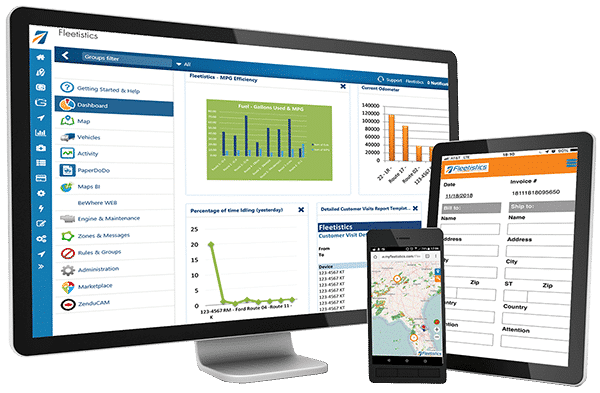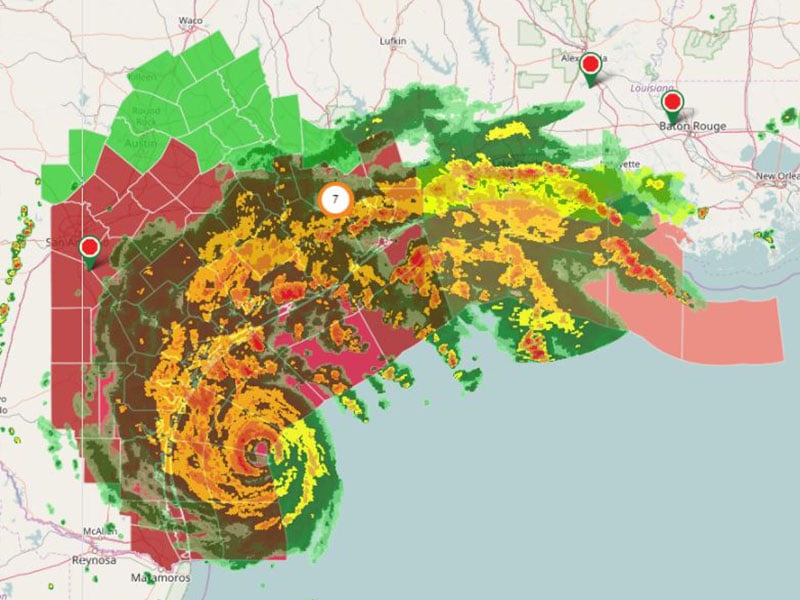FMCSA Revisions to HOS Coming on 9/29/20
For quite some time we have been hearing about FMCSA revisions to the HOS rules intended to provide more flexibility for drivers. At long last, several are slated to be implemented the end of next month. We reached out to some of our current clients to get their take on the coming rule changes, and the response was quite positive.
What are the coming FMCSA revisions?
- The on-duty limits for short-haul operations will increase from 12 to 14 hours and from 100 air-miles to 150.
- The adverse driving provision will extend the driving window two hours if the driver encounters adverse driving conditions. In the final rule, the definition of adverse driving was modified so that the exception may be applied based on the driver’s (in addition to the dispatcher’s) knowledge of the conditions after being dispatched.
- In addition to splits of 10/0 and 8/2, drivers will be allowed a split-sleeper option of 7/3. Also, the qualifying period doesn’t count against the 14-hour window.
- The 30-minute break provision will be modified to require the break after eight hours of driving time (instead of on-duty time) and allows an on-duty/not driving period to qualify as the required break.
What are drivers and dispatchers saying?
They all sound like positive changes that will be helpful to drivers and dispatchers.
I really like the changes to the 30 minute break provision. Now I won’t have to take a break after sitting at a terminal waiting to be loaded or unloaded.
Most Outspoken Response to FMCSA Revisions
One of our clients was dead set against ELD from the beginning. He expected it to be a royal pain with drivers unwilling to embrace the new technology, and he fought it kicking and screaming, but in the end, had to comply. After implementing and using ELD for some time, his response was utterly shocking. Monty now agrees that ELD implementation is a good thing, and that it simplifies the driver’s record keeping saving time and frustration.
Regarding the FMCSA revisions coming to HOS Rules,
It should have been done a long time ago. It moves us from making political sense to using common sense. Most important are the sleeper berth changes. It allows a driver to make better use of unanticipated situations, for instance if the highway traffic is backed up he can pull off at a rest stop to take 3 hours sleeper berth time. Since it does not count against his 14 hour window, he can make up his lost travel time after the traffic clears.
OOIDA’s Response
Owner-Operator Independent Drivers Association expressed support for the final rule by filing formal comments. They say the new rules will accomplish FMCSA’s intended goal of providing drivers with more flexibility and control over their own schedules.



